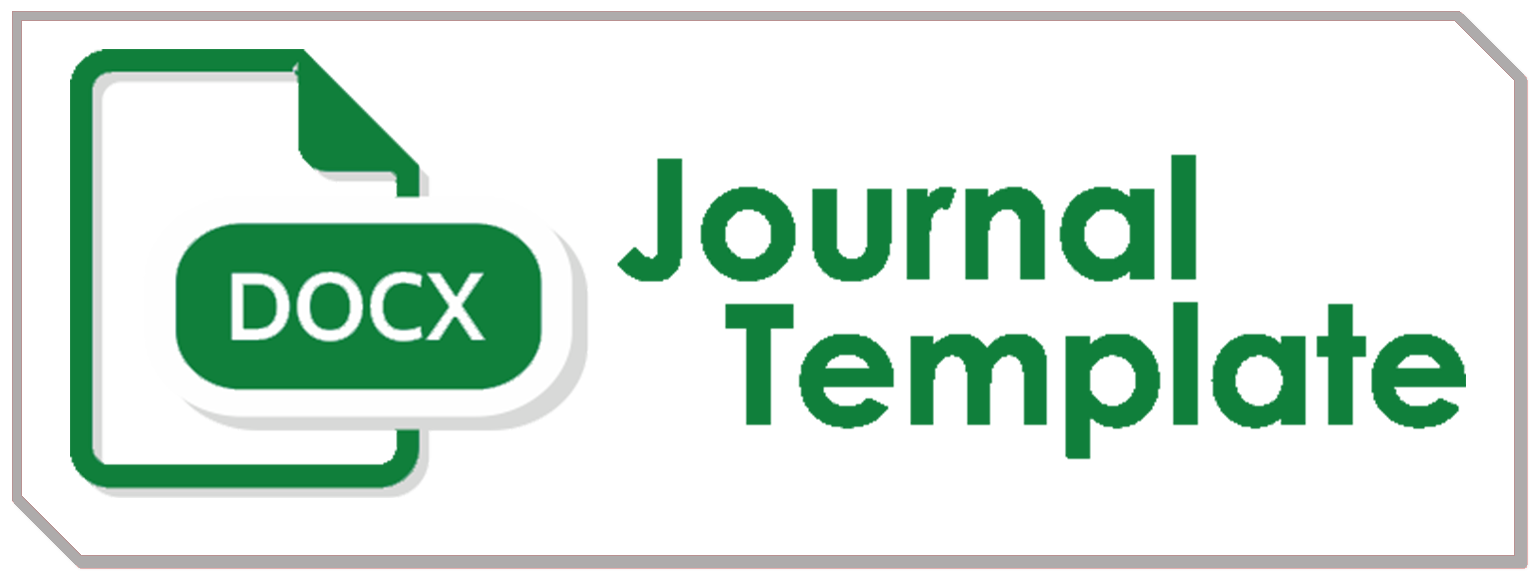The Role of Sharia-Based Non-Bank Financial Institutions in Supporting Islamic Banking in Indonesia
Keywords:
Islamic non-bank financial industry, Islamic banking, Islamic financial regulationAbstract
The Islamic non-bank financial Industry (NBFI syariah) plays an important role in supporting the growth and strengthening of Islamic banking in Indonesia. The existence of NBFI syariah, such as Islamic insurance, Islamic financing, Islamic pension funds, and Islamic capital markets, is an integral part of the national Islamic financial ecosystem. This article aims to analyze the strategic contribution of NBFI syariah in supporting the development of Islamic banking through a descriptive-qualitative approach based on literature reviews and secondary data from the Financial Services Authority (OJK), Bank Indonesia, and other relevant institutions. The findings indicate that Islamic non-bank financial institutions expand the reach of Islamic financial services, enhance financial literacy and inclusion, and provide alternative financing and risk mitigation options in line with Islamic principles. Synergistic collaboration between Islamic banking and non-banking financial institutions is considered capable of strengthening the overall stability of the Islamic financial system. Therefore, strengthening regulations, improving institutional capacity, and product innovation are key to optimizing the role of Islamic non-bank financial institutions in promoting inclusive and sustainable Islamic banking growth in Indonesia.
Downloads
References
Ahmadi, M. (2017). Development of zakat, infak, shadaqah, and wakaf funds toward the growth of the Islamic non-bank financial industry. Jurnal Masharif Al-Syariah: Journal of Islamic Economics and Banking, 2(2), 1134.
Ahmed, H. (2011). Maqasid al-Shariah and Islamic financial products: A framework for assessment. ISRA International Journal of Islamic Finance, 3(1), 149–160.
Alam, N., Rizvi, S. A. R., & Hassan, M. K. (2021). Islamic fintech: New frontiers and challenges. Review of Financial Economics, 39(2), 100658.
Alderson, J. C., & Wall, D. (1992). A technical approach to biofeedback. Japanese Society of Biofeedback Research, 19, 709–715.
Aziz, Muhammad. 2017. “The Role of the Indonesian Waqf Board (BWI) in Developing the Prospects of Cash Waqf in Indonesia.” JES (Journal of Islamic Economics) 2(1):35–54. doi: 10.30736/jesa.v2i1.14.
Dawood, H., Al Zadjali, F., Al Rawahi, M., Karim, S., & Hazik, M. (2022). Business trends & challenges in Islamic fintech: A systematic literature review. F1000Research, 11, 109400.
Dusuki, A. W., & Bouheraoua, S. (2011). The framework of Maqasid al-Shariah and its implications for Islamic finance. ISRA Research Paper, No. 22/2011. .
Fachrial Lailatul M, Arif Zunaidi Dan. 2018. “Revenue Sharing in the Practice of Islamic Financial Institutions in Indonesia.” ISTITHMAR: Journal of Islamic Economic Development 2(1):29–50. doi: 10.30762/itr.v2i1.996.
Hassan, M. K., Paltrinieri, A., & Dreassi, A. (2020). The resilience of Islamic and conventional banks to the COVID-19 pandemic: The role of banking business models. Global Finance Journal, 100626.
Law, Faculty, State University of Semarang, Islamic Finance Institution, Islamic Savings Fund, Financial Institution, and Sharia-Specific. 2024. “THE ROLE OF NON-BANK ISLAMIC FINANCE INDUSTRY.” 1(4):162–74.
Kurniawan, R., & Azzahra, S. (2023). Strengthening the social function of Islamic non-bank financial institutions in supporting sustainable development in Indonesia. Journal of Sharia Economic Law, 11(1), 55–70
Moh Mardi. 2021. “Sharia Economy: Its Existence and Position in Indonesia.” SAUJANA: Journal of Sharia Banking and Sharia Economics 3(01):20–32. doi: 10.59636/saujana.v3i01.34.
Moleong, L. J. (2018). Qualitative Research Methodology. Bandung: Remaja Rosdakarya.
Muneeza, A., & Mustapha, Z. (2023). The role of Islamic non-bank financial institutions in enhancing financial inclusion: A Malaysian perspective. Journal of Islamic Accounting and Business Research, 14(1), 102–119.
Nofrizal, N., & Syahril, S. (2024). Synergy between Islamic banks and non-bank financial institutions in supporting the economy of the ummah: A study on the hybrid waqf model. Al-Muzara’ah: Journal of Islamic Economics and Agriculture, 12(1), 1–14.
Financial Services Authority. (2023). Report on the Development of Islamic Finance in Indonesia. Jakarta: OJK.
Rohmana, A., & Ramadani, V. (2022). Integration of zakat and wakaf management in the Islamic finance ecosystem: An analysis of the role of LKS-PWU and Islamic fintech in Indonesia. Journal of Islamic Economics and Finance, 6(2), 215–230.
Sapudin, A., Najib, M., & Djohar, S. (2017). Development strategies for Islamic microfinance institutions (Case study of BMT Tawfin Jakarta). Journal of Islamic Microfinance Institution Development, 5(1), 21–36.
Sari, Purnama, and D. I. Kota Samarinda. 2024. “E-COMMERCE PLATFORM: A CASE STUDY.” 7:15278–83.
Sri Anugerah Natalina, and Arif Zunaidi. 2021. “Strategic Management in Islamic Banking.” Wadiah 5(1):86–117. doi: 10.30762/wadiah.v5i1.3178.
Widayanti, Ipuk. 2023. “Does Service Innovation, Reputation Risk, and Word of Mouth Impact Customer Behavior in Choosing Islamic Banking? An Empirical Evidence in Indonesia.” Invest Journal of Sharia & Economic Law 3(2):189–202. doi: 10.21154/invest.v3i2.7092.
Wiwoho, Jamal. 2014. “The Role of Financial Institutions in Distributing Justice to Society.” MMh 43(1):87–97.
Zed, M. (2004). Library Research Methods. Jakarta: Obor Indonesia Foundation.
Downloads
Published
How to Cite
Issue
Section
License
Copyright (c) 2024 Muhammad Fadhil, Rozi Andrini, Dhiya Dwi Afifah

This work is licensed under a Creative Commons Attribution-ShareAlike 4.0 International License.











